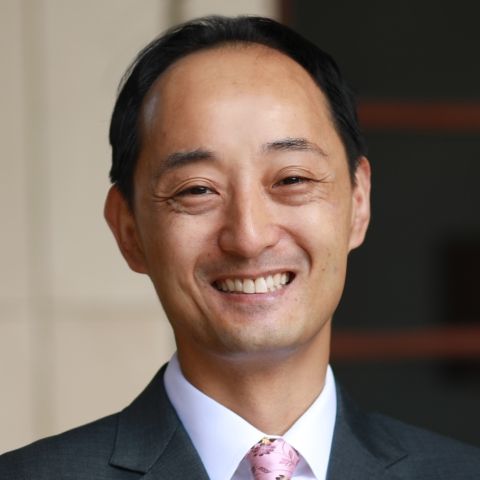
Isolation and Globalization: The Dawn of Legal Education in Bhutan
The Kingdom of Bhutan — dubbed by some the “hermit kingdom” — has a famously ambivalent attitude toward globalization. Bhutan’s first law school opened its doors in 2017 on the heels of the country’s transformation into a “democratic constitutional monarchy,” and the creation of the school embodies this ambivalence. On the one hand, Bhutan is keen to preserve its culture and traditions not only as an end in itself, but also as a means of ensuring its continued existence as a tiny nation in the shadow of domineering neighbors. For centuries, isolation from the outside world served these goals.
On the other hand, the Bhutanese recognize that a survival strategy of self-imposed isolation in the Himalayas is increasingly difficult to sustain in the twenty-first century, and that the pragmatic response to globalization is to borrow selectively and deliberately from foreign models according to local needs. Indeed, a degree of borrowing is a matter of necessity. In the absence of raw materials for constructing a system of legal education that could plausibly described as autochthonous, resistance to foreign models is not an option, and necessity is the mother of imitation.
The challenge for Bhutan — if not also other developing countries — is to embrace globalization in a way that does not compromise its identity or distinctiveness. The creation of Bhutan’s first law school illustrates that this may in fact be possible because globalization is not simply a process of relentless homogenization. The adoption of a globalized model of legal education leaves meaningful room for choice because the ‘global’ does not speak with a unified voice. From the historical training of lawyers in India to the funding of current educational efforts by US law firms, the global influences on Bhutanese legal education are disparate, and the process of integrating, reconciling, and localizing them has scarcely begun.